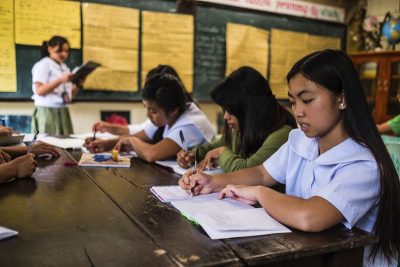
In a democracy, the ballot is both a symbol of freedom and a tool of power. The act of voting allows citizens to shape their nation’s future, choose leaders, and define the country’s moral and political direction. But what happens when elections consistently produce leaders who are corrupt, incompetent, or authoritarian? When the democratic process yields undemocratic results, who is ultimately responsible?
The natural inclination is to blame the leaders themselves and rightly so. They hold the reins of power, make the decisions, and bear the responsibility for the outcomes. Yet in a democracy, those leaders do not appoint themselves; they are elected by the people. This reality forces us to confront a more uncomfortable but necessary question: To what extent does the electorate bear responsibility for the leaders it chooses?
This dilemma is not unique to any one country, but it resonates with painful clarity in the Philippines. Here, the cycle of political disillusionment, populist resurgence, and historical amnesia has become all too familiar. The core of the problem is not just flawed individuals, but a flawed system of civic preparation. At the heart of this system lies a neglected foundation: education.
The Mirror of Philippine Democracy
Democracy, it has often been said, is a mirror. It reflects not only the will of the people but also the values, aspirations, and, at times, the collective flaws of the society that sustains it. In the Philippines, this mirror has long reflected troubling images that point not simply to the failures of individual leaders, but to deeper structural and cultural issues within the democratic process itself.
Image: Ferdinand “Bongbong” Marcos Jr.
One of the most glaring examples of this phenomenon is the political resurgence of the Marcos family. Decades after the ousting of Ferdinand Marcos Sr. through the 1986 People Power Revolution, a movement that symbolized the triumph of democracy over authoritarianism, his son, Ferdinand “Bongbong” Marcos Jr., won the presidency by a wide margin in the 2022 elections. This return to power not only shocked observers but raised difficult questions: How could a society that once rose up against dictatorship now welcome back its most prominent symbol?
The answer lies partly in the way Philippine democracy has evolved, or failed. Over the years, elections have become less about platforms and policies, and more about personalities and performance. Figures like Joseph “Erap” Estrada, a former movie star, and Rodrigo Duterte, a strongman mayor with a flair for controversial rhetoric, captured the public imagination not through detailed governance plans but through their populist appeal. In both cases, voters seemed drawn not to ideas but to the perception of authenticity, strength, or familiarity. These elections were won not in debates or policy forums, but in soundbites, staged spectacles, and social media memes.
In the 2022 campaign, this trend reached new heights. Bongbong Marcos’ team executed a highly coordinated and well-funded social media strategy, one that weaponized disinformation and historical revisionism. Platforms like Facebook, YouTube, and TikTok were flooded with content portraying the Marcos era not as a time of martial law and economic collapse, but as a golden age of order and prosperity. Many young voters, lacking first-hand experience of that era and facing a broken education system, were particularly vulnerable to these narratives. The line between myth and memory became increasingly blurred.
This brings us to a sobering realization: the erosion of truth in public discourse is not merely the result of manipulative campaigns but also a reflection of a citizenry ill-equipped to resist them. Years of underinvestment in education, the marginalization of critical media, and the normalization of political patronage have left many Filipinos with limited access to reliable information. Moreover, the structural inequalities that pervade society such as poverty, lack of opportunity, and dependence on local power brokers make it difficult for voters to prioritize long-term reforms over immediate, tangible benefits like cash handouts, jobs, or favors.
Image: Rodrigo Duterte
Thus, the core issue is not just who is elected, but why they are chosen. When democratic choices are made in an environment of misinformation, economic desperation, and emotional manipulation, can they still be called free and informed? The mirror of Philippine democracy does not lie but shows us a society where institutions remain weak, accountability is elusive, and historical amnesia is politically profitable.
Yet all is not lost. To strengthen democracy, Filipinos must confront these uncomfortable truths. Civic education, independent journalism, and grassroots political organizing remain essential pillars in rebuilding a more informed and empowered electorate. Until then, the mirror will continue to reflect what it sees: not the democracy we aspire to, but the one we have allowed to take root.
The Crisis in Civic Education
At the heart of the Philippines’ democratic malaise lies a long-standing and deeply rooted problem: a failure in civic education. While elections are held regularly and institutions nominally function, many citizens lack the foundational knowledge and critical thinking skills needed to engage meaningfully with democratic processes.
This is not simply a matter of disinterest or apathy; it is the result of an education system that has systematically failed to prepare its people for the responsibilities of citizenship.
For decades, Philippine schools have emphasized rote memorization at the expense of analytical thinking. Students are taught to recall names, dates, and events from history, but rarely are they encouraged to interrogate these facts, understand their significance, or connect them to the present. As a result, history becomes a static subject, an exercise in repetition rather than reflection. The lives of national heroes are reduced to sanitized anecdotes, while the deeper structural forces that shaped Philippine society such as colonialism, authoritarianism, inequality are glossed over or ignored.
Civic education, when it exists in the curriculum, is often shallow and procedural. Students may learn how to register to vote or what the three branches of government are, but they are seldom taught why participation matters, how to think critically about campaign promises, or what democratic values actually mean in practice. There is little space in the classroom for debate, dissent, or exploration of contemporary political issues. This creates a citizenry that may know the mechanics of democracy, but not its meaning.
Compounding this issue is the alarming lack of media and digital literacy. In a country where social media is the dominant and often sole source of information for a majority of citizens, the inability to evaluate sources, detect bias, or identify fake news has devastating consequences. The algorithms that shape online content feeds do not prioritize truth or context; they amplify emotion, outrage, and virality. In such an environment, misinformation spreads quickly and sticks easily, especially when it reinforces pre-existing beliefs or appeals to nostalgia, fear, or anger.
Filipinos, particularly the youth, are thus caught in an echo chamber of manipulated narratives, historical distortion, and political propaganda. Falsehoods become familiar, and familiarity breeds acceptance. Without the tools to question what they see or read, many come to accept distorted versions of history and reality in which authoritarianism is recast as order, corruption as pragmatism, and democratic decay as necessary discipline.
But it is crucial to recognize that this civic illiteracy is not a reflection of individual failure. It is the consequence of systemic neglect. For years, the education sector has been underfunded and undervalued. Teachers are overworked and underpaid, classrooms are overcrowded, and basic learning materials are often outdated or unavailable. The implementation of reforms, such as the K-12 program, has been marred by logistical challenges and insufficient training. In many schools, especially in rural or marginalized communities, even the most basic infrastructure is lacking, let alone resources for robust civic instruction.
This neglect has led to a generation that is technologically savvy but politically disengaged, socially connected but civically disconnected. In the absence of sustained investment in democratic education, citizens are left unprepared for the complexities of political life in the digital age.
Addressing this crisis requires more than curriculum tweaks. It demands a national commitment to rethinking the role of education in a democracy. Civic learning must be made relevant, dynamic, and integrated across subjects and not simply confined to a single textbook or semester. Teachers must be empowered and trained not just as instructors, but as facilitators of democratic discourse. Students must be challenged not just to memorize, but to question, debate, and reflect.
Democracy cannot survive without democrats and democrats are not born, they are made. If the Philippines is to reclaim its democratic promise, it must begin by cultivating a citizenry capable of critical thought, historical awareness, and moral courage. That work begins in the classroom.
Inequality and the Cycle of Misgovernance
The crisis in civic education does not exist in a vacuum. It is deeply intertwined with the persistent structural inequalities that plague the Philippines, creating a feedback loop that undermines democratic progress. Public education, especially in rural areas and marginalized urban communities, remains chronically under-resourced. Schools in these regions often lack the most basic necessities: qualified and motivated teachers, adequate learning materials such as textbooks, stable electricity, and internet connectivity. Without these fundamental supports, many students struggle not only to absorb knowledge but even to attend school regularly. Dropout rates are disproportionately high in poorer communities, perpetuating a cycle where the most vulnerable are deprived of the critical skills necessary for active and informed citizenship.
This educational deprivation has far-reaching political consequences. When citizens grow up without the tools to analyze information critically or to understand their rights and responsibilities as voters, they become especially susceptible to transactional politics. In many localities, political power is maintained through the exchange of votes for immediate, tangible rewards like cash handouts, food packs, infrastructure projects, or patronage favors. These transactions are short-term and often fail to address the deeper needs of communities, but they are effective in winning electoral support. Politicians, recognizing this dynamic, are incentivized to focus on spectacle and emotional appeal rather than on substantive policy proposals or institutional reform.
This pattern fosters a vicious cycle. Uninformed or disempowered voters, constrained by poverty and lack of access to information, elect populist leaders who thrive on charisma and patronage networks. Once in office, these leaders frequently weaken democratic institutions by undermining checks and balances, controlling media narratives, and co-opting bureaucracies to consolidate their power. This further restricts public access to truthful, unbiased information, making it even harder for the electorate to make informed decisions in future elections. The cycle feeds on itself: educational and economic inequalities breed political vulnerabilities, which in turn perpetuate misgovernance and deepen inequality.
Ultimately, the problem of bad governance in the Philippines is not solely a political failing but also a profound educational and social failure. Without addressing the root causes by investing in equitable, quality education and bridging the digital divide, the country will continue to struggle with leaders who prioritize personal gain over public service and voters who choose short-term benefits over long-term democratic health.
Breaking this cycle requires a holistic approach. It means improving educational infrastructure nationwide, especially in underserved areas, and ensuring that civic and digital literacy become integral parts of the learning experience. It also means empowering communities with access to transparent information and creating avenues for genuine political participation beyond mere vote-buying. Only through such comprehensive efforts can the Philippines hope to dismantle the entrenched structures of inequality and misgovernance, and foster a democracy that truly reflects the aspirations and dignity of all its people.
Breaking the Cycle: Reform Starts in the Classroom
To repair Philippine democracy, we must start where the problem begins: in the classroom. Reforming civic education is neither a quick fix nor a silver bullet, but it is the most sustainable path forward. This means:
- Reimagining civic education as a lifelong pursuit, integrated not only in basic education but in community programs, adult learning, and public discourse. This includes fostering an understanding of democratic institutions, the rule of law, human rights, and the responsibilities of citizenship beyond just casting a ballot.
- Investing in media and digital literacy to help citizens navigate the flood of online misinformation and resist manipulative narratives. This should equip individuals with the skills to critically evaluate sources, recognize logical fallacies, and understand the algorithms that shape their online experience.
- Promoting critical thinking across all subjects, so students are trained to ask questions, analyze claims, and form reasoned judgments. These are skills essential to both democracy and life. This goes beyond memorization and encourages intellectual curiosity and independent thought.
- Empowering educators with the resources, training, and freedom to teach complex, often politically sensitive topics with nuance and integrity. Teachers are on the front lines of civic formation and need the support to foster open dialogue and critical inquiry in their classrooms.
- Ensuring equitable access to quality education across all socioeconomic groups, so no community is left behind in the democratic project. This includes addressing disparities in funding, teacher quality, and access to technology and learning materials.
- Engaging civil society organizations and community leaders to bridge the gap between formal education and real-world civic engagement. These groups can offer practical experiences, mentorship, and opportunities for citizens to participate in local governance and advocacy.
Education, ultimately, is about more than economic mobility. It is about forming citizens who are capable of sustaining a democratic society. It’s about equipping individuals with the discernment to see beyond superficial charm and the courage to demand accountability.
A Shared Responsibility
The failure of democracy is rarely the fault of any one person or institution. It is the consequence of a collective breakdown of systems that were not maintained, of institutions that were hollowed out, and of priorities that shifted away from the public good. In the Philippines, this failure is especially insidious because it often hides behind the façade of democratic rituals. Elections are held, ballots are cast, and leaders take office. Yet behind this appearance of legitimacy lies a pattern of democratic erosion: one where power is centralized, institutions are weakened, and public trust is gradually corroded.
In this context, the need for a widespread civic awakening is not just urgent but existential. The health of Philippine democracy depends not only on holding elections, but on the strength of the culture that surrounds them: a culture of truth, accountability, historical awareness, and civic engagement.
Assigning blame is easy and often cathartic. It allows people to vent their frustrations, to point fingers at corrupt politicians, uninformed voters, or complacent institutions. But blame alone does not solve problems. What is more difficult but far more productive is to embrace responsibility. If democracy is a shared project, then so too must be its restoration.
The Department of Education bears a profound responsibility. It must move beyond preparing students merely for employment and economic productivity. It must prepare them for citizenship. This means embedding civic and historical education across disciplines, training teachers to foster critical thinking, and updating curricula to reflect the realities of digital life and democratic participation. Education must not be neutral in the face of injustice or authoritarianism; it must equip students with the tools to recognize and resist them.
Media platforms, both traditional and digital, must also act with responsibility. In a society where vast amounts of information are consumed online, media organizations and tech companies play a central role in shaping public opinion.
Algorithms should not favor engagement at the expense of truth. There must be stronger efforts to moderate content, promote verified information, and support initiatives in media literacy. Journalism, too, must hold firm to its mission of truth-telling, even in the face of political pressure or public fatigue.
Political leaders, meanwhile, must be held to a higher standard. Their words and actions set the tone for public discourse. When they distort facts, enable corruption, or weaponize disinformation, they do more than undermine opponents but damage the very foundations of democratic society. True leadership requires more than popularity; it demands integrity, humility, and a commitment to the public good, even when it is inconvenient or unpopular.
Finally, citizens themselves must take responsibility not only by voting, but by participating actively in civic life. This means staying informed, holding leaders accountable, resisting cynicism, and refusing to normalize wrongdoing. It also means looking inward: interrogating our own biases, breaking free from apathy, and recognizing the power we have not just as voters, but as members of a shared political community.
A healthy democracy is not just something we inherit but a legacy we must continually build, defend, and improve. That work does not begin and end at the ballot box. It begins in the classroom, in the newsroom, in our homes, and in everyday conversations. It continues in protest marches, community meetings, online forums, and public service. It is a lifelong task, one that demands patience, vigilance, and courage.
If the Philippines is to break free from the cycle of misgovernance and misinformation, it must reimagine civic education as the foundation of national renewal. The challenge is immense but so is the opportunity. A generation that is educated, engaged, and empowered can reclaim democracy not just in theory, but in practice.
What, then, are the most critical steps forward? Reforming civic education in the Philippines requires:
- Curriculum overhaul – Modernize civic and historical education to emphasize analysis, ethics, and real-world relevance, not just memorization.
- Teacher training – Equip educators with the tools, training, and freedom to teach civic concepts critically and creatively.
- Media literacy integration – Make digital and media literacy a core component of the education system from early grades onward.
- Community engagement – Encourage schools to collaborate with civil society and local communities to make civic learning experiential and participatory.
- Policy and funding support – Increase public investment in education, especially in underserved areas, to ensure equal access to high-quality civic instruction.
Democracy is everyone’s responsibility and the work of renewal starts now.
*
Click the share button below to email/forward this article. Follow us on Instagram and X and subscribe to our Telegram Channel. Feel free to repost Global Research articles with proper attribution.
Prof. Ruel F. Pepa is a Filipino philosopher based in Madrid, Spain. A retired academic (Associate Professor IV), he taught Philosophy and Social Sciences for more than fifteen years at Trinity University of Asia, an Anglican university in the Philippines. He is a Research Associate of the Centre for Research on Globalization (CRG).
Featured image is from rawpixel.com / US Agency for International Development
Global Research is a reader-funded media. We do not accept any funding from corporations or governments. Help us stay afloat. Click the image below to make a one-time or recurring donation.


.png) 2 day_ago
8
2 day_ago
8
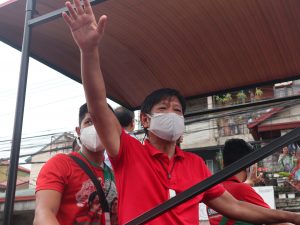
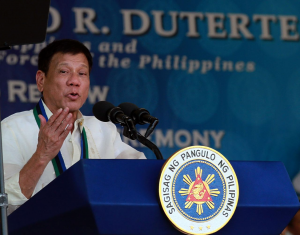











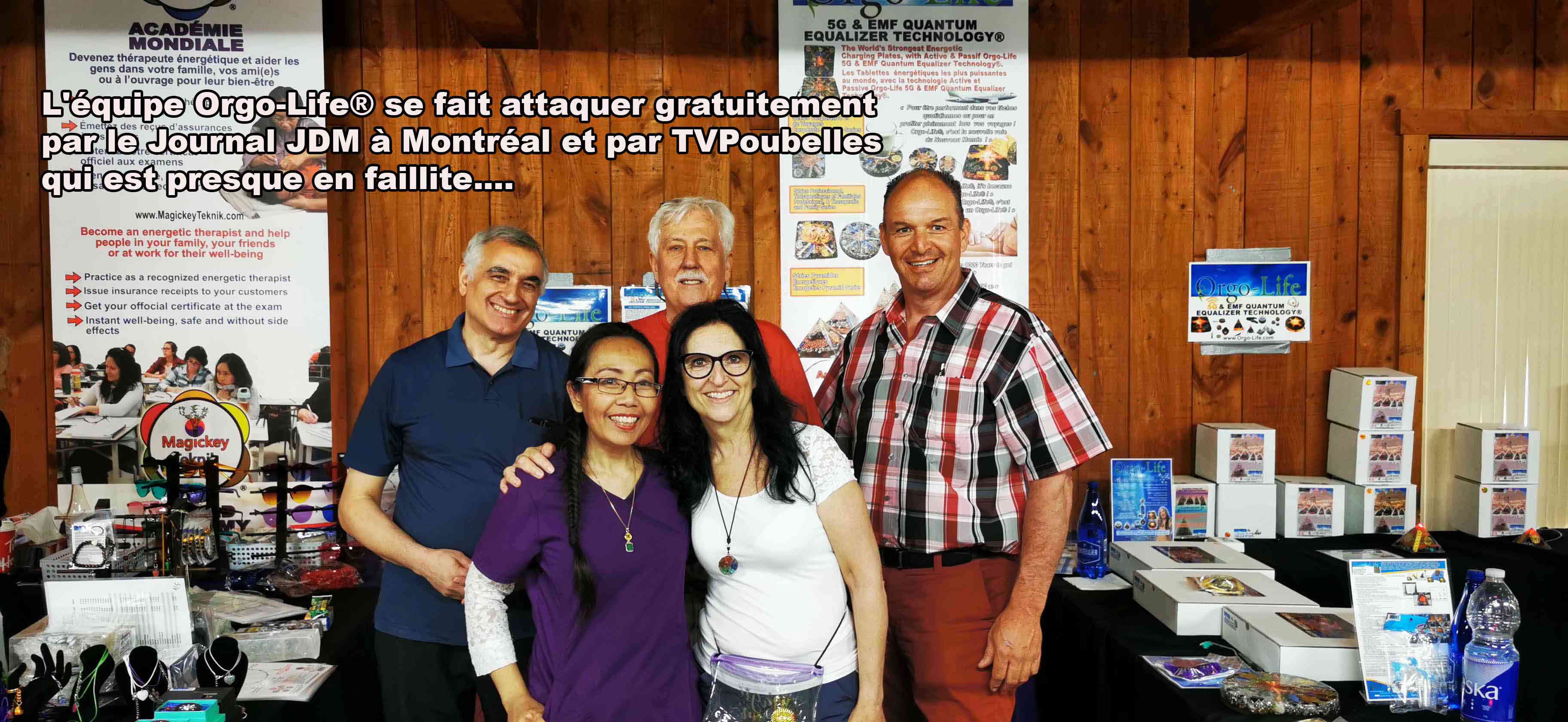
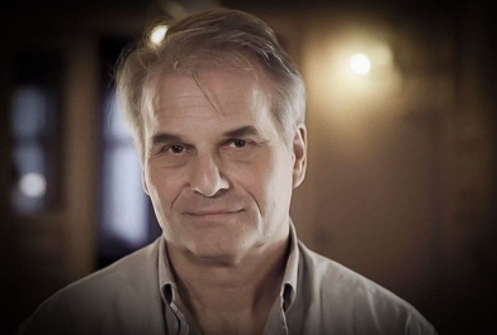

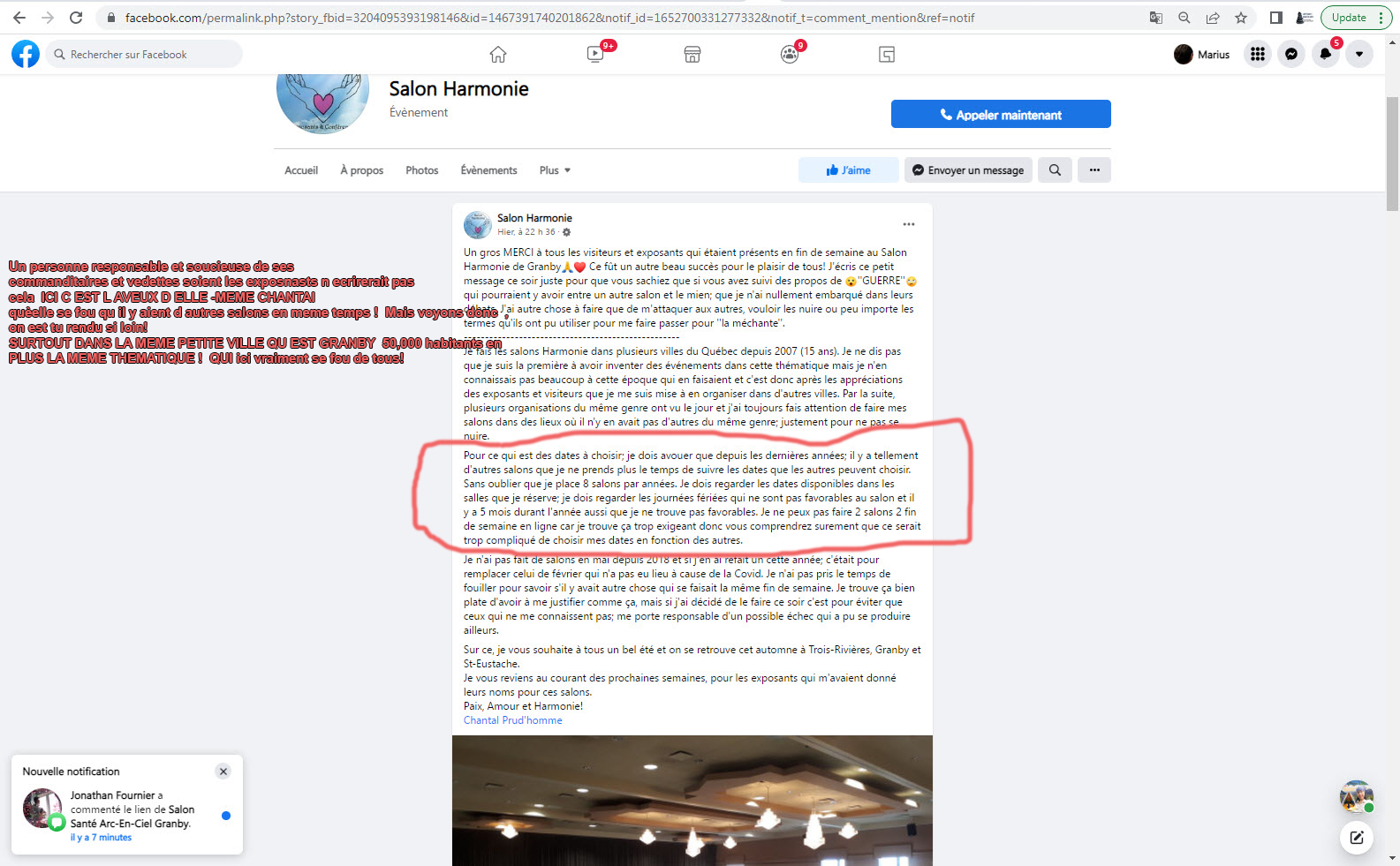
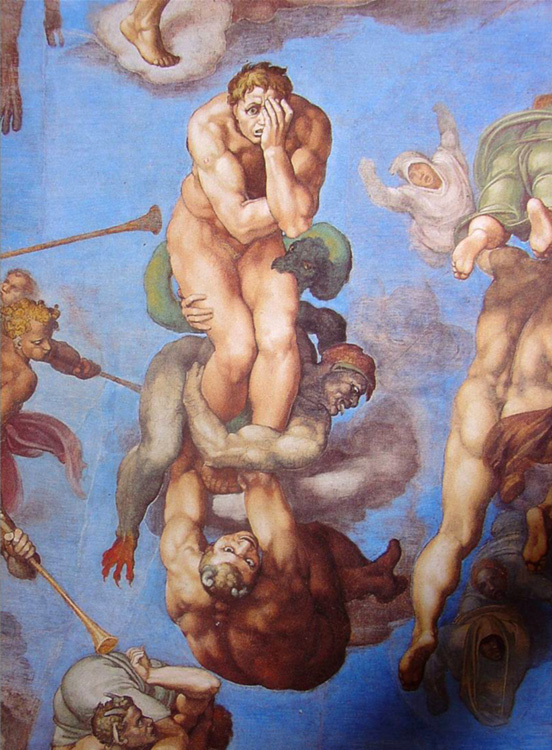
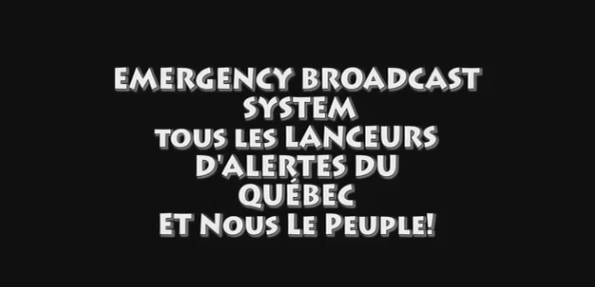
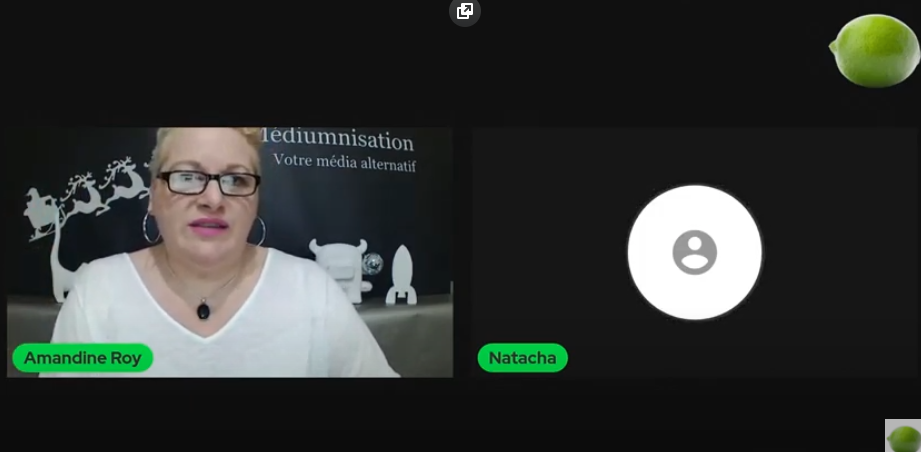
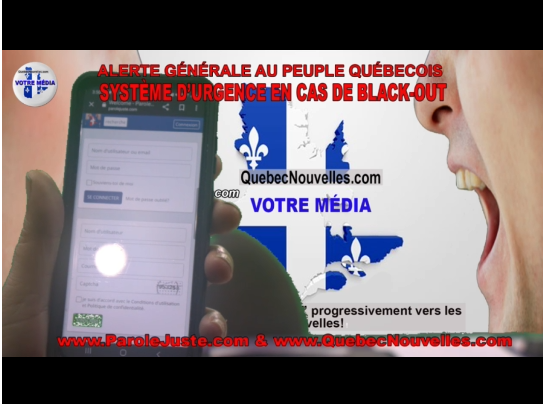
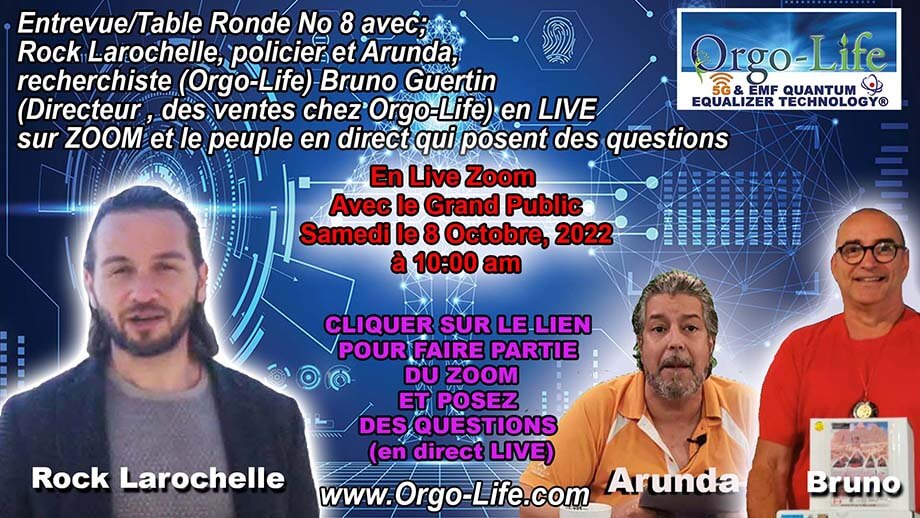
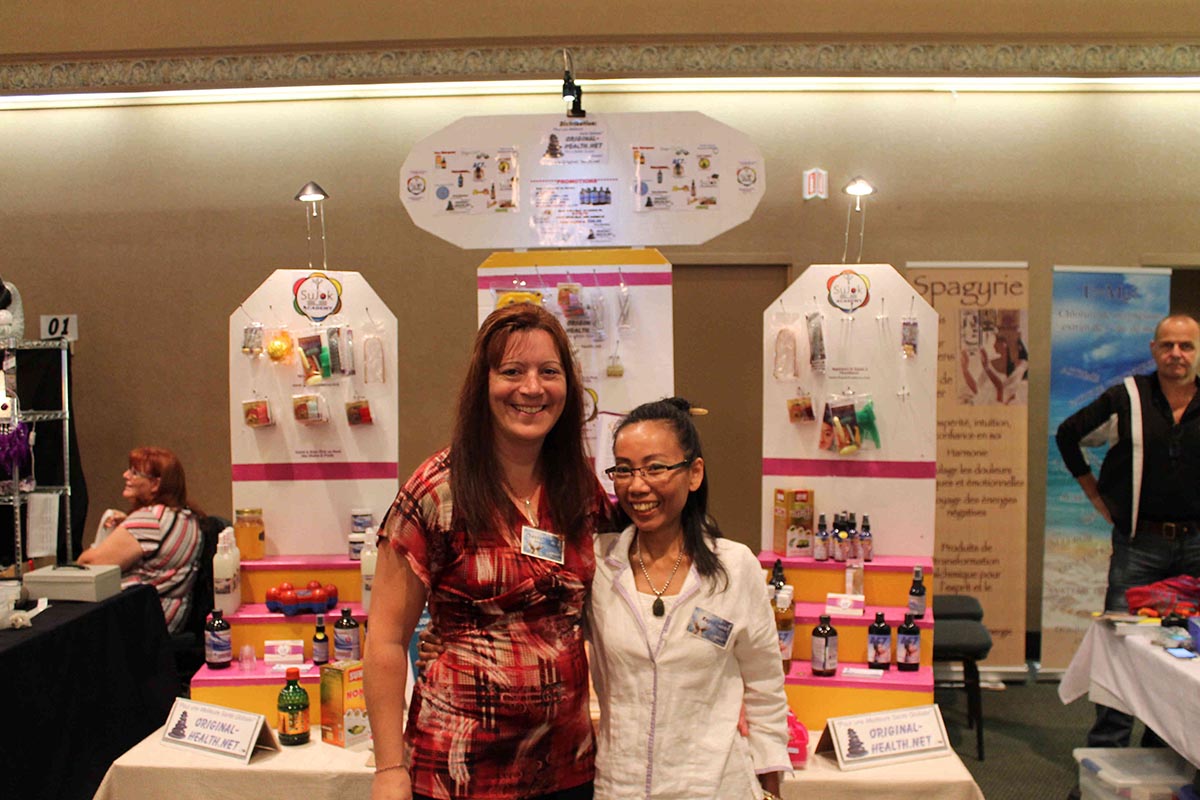
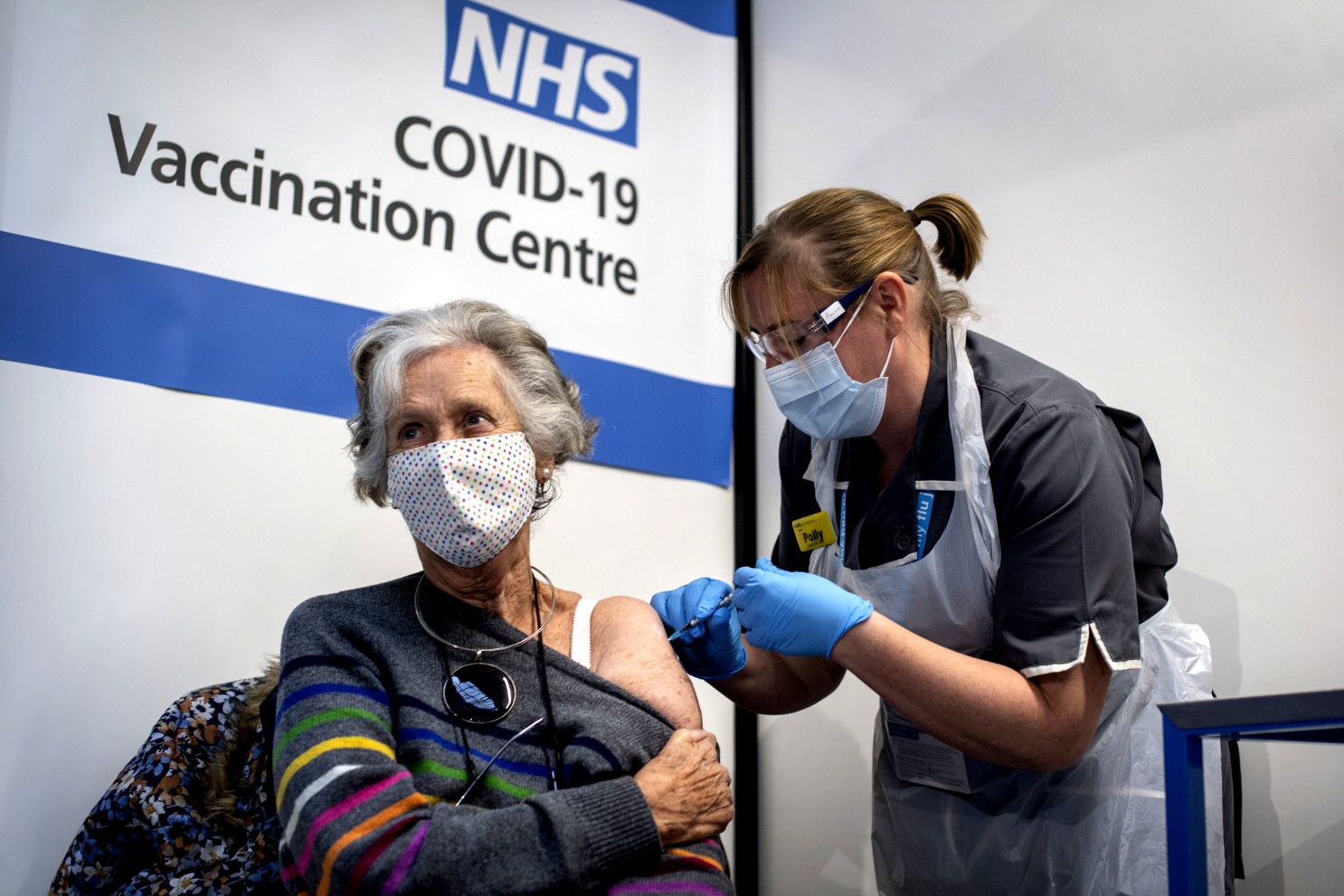
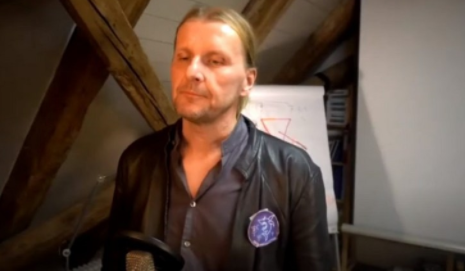



 French (CA)
French (CA)